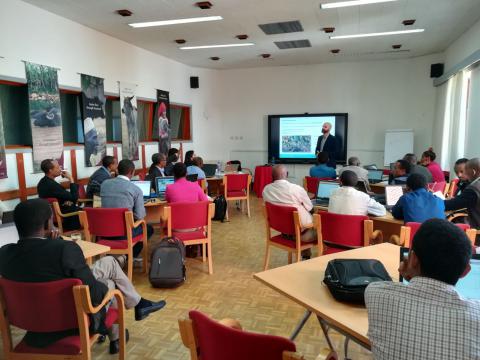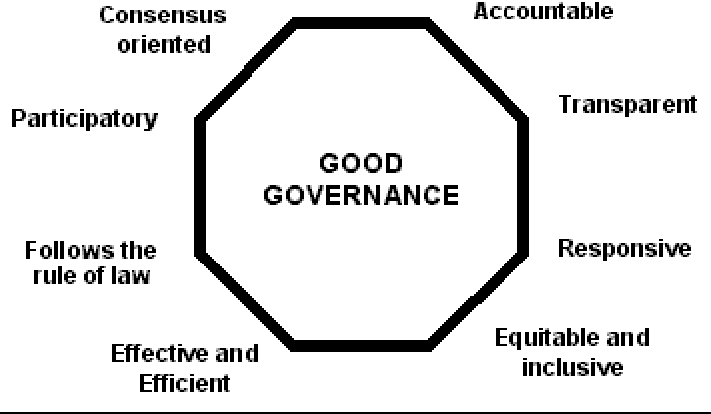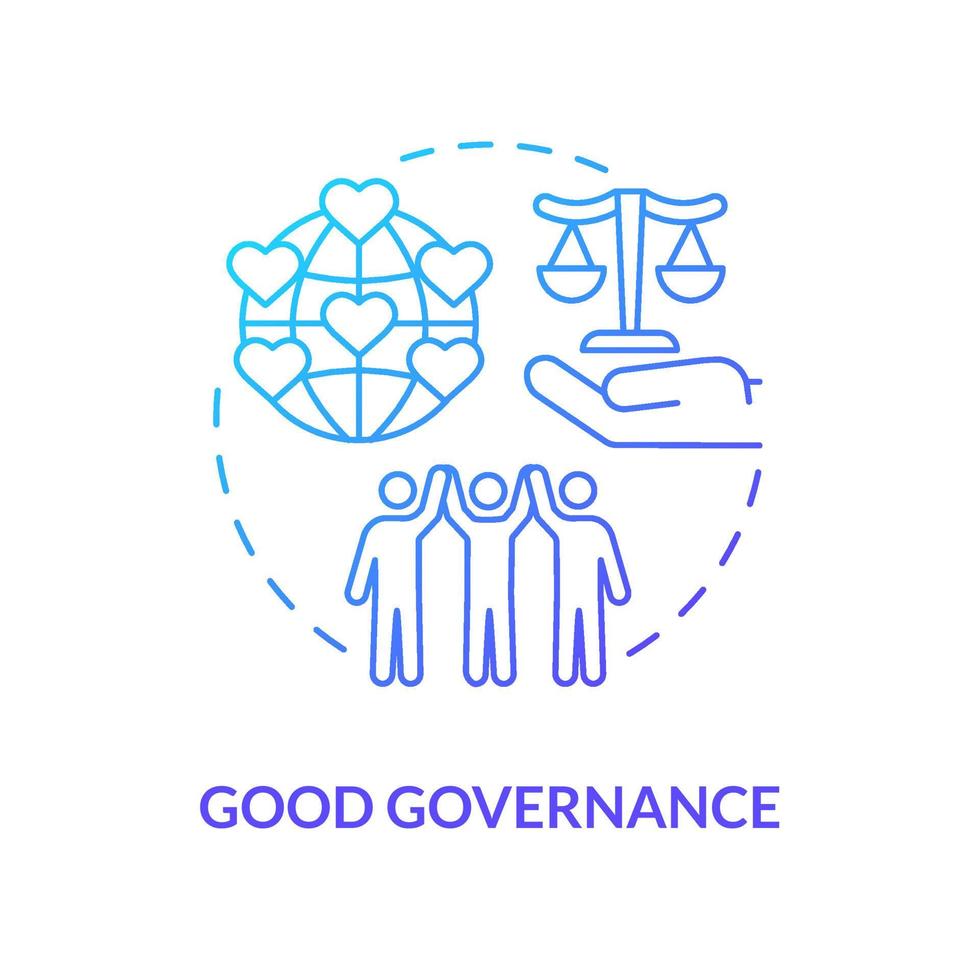About Us

Our Story
IGSI works to promote just and sustainable societies and to protect the environment by advancing the understanding, development, and implementation of effective, and accountable systems of governance for sustainable development.
We are eager to work with the international development community and would be very much pleased, if you could connect to us with your national and regional projects and include our contact details in your active database and keep us informed of emerging opportunities in the afore-mentioned thematic areas.
Our Approach
It is widely recognized that governance is of high relevance to the post-2015 development agenda: effective governance institutions and systems that are responsive to public needs deliver essential services and promote inclusive growth, while inclusive political processes ensure citizens can hold public officials to account. In addition, good governance promotes freedom from violence, fear, and crime, and helps build peaceful and secure societies with the stability needed to attract and sustain development investments. The challenge in integrating governance into the post-2015 development framework is to translate experience and evidence from multiple and diverse governance systems into concrete, measurable and broadly acceptable global development goals, and targets. Our approach is to bring in good experiences from different countries for a sustainable society which is self-governing and where all people are equally enjoying the social and natural capital in a sustainable manner.
Creating peaceful, non-violent, and inclusive societies, based on respect for all human rights including the right to development, is a cornerstone for sustainable development. Equality within and between countries is a key determinant of peaceful, non-violent, and inclusive societies. The important areas to which we focus include effective, accountable and transparent institutions; provision of public services for all; improvement of transparency in public finances management; fighting corruption in all its forms; improved public access to information; inclusive participatory decision-making; strengthening local governments; strengthening of civil society; freedom of media association and speech; strengthening rule of law at all levels; curbing illicit financial flows; combating organized crime; reduction of crime, violence, abuse, exploitation including against children and women; provision of legal identity, provision of property, use and access to rights for all persons; and providing access to independent and responsive justice systems.
Our research and advocacy efforts attempt to mainstream governance, rule of law, peace, and security across the Sustainable Development Goals, which would require clarifying and agreeing on what elements of governance would be necessary to achieve all or specific post-2015 goals. For instance, there could be elements that could be general such as legitimate and transparent institutions; transparent legal frameworks; and/or inclusive participation. There could also be issues that apply to certain goals in particular. For instance, it is argued that the root causes of inequalities lie within governance systems. Similarly, on environmental sustainability, the importance of access to justice and accountability for the protection and enforcement of environmental rights is a key element.
We work on promoting emerging technologies and develop toolkits for judiciary and public servants, and design monitoring and evaluation systems to account the progress achieved and weather or not the system is delivering. The bottom line is that our work is aimed to improve the efficiency and effectiveness of a department, ministry or develop systems and procedures for several ministries together to have an overall improvement in governance of the country.


Five Core Areas:
- Conflict Resolution and sustainable peace
- Reforms
- Governance
- Monitoring Evolution and Learning (MEL)
- Capacity Building
Sustainable Development
• Sustainable development is the overarching paradigm of the United Nations.
• The concept of sustainable development was described by the 1987 Brundtland Commission Report as “development that meets the needs of the present without compromising the ability of future generations to meet their own needs.”
Four Pillars of Sustainable Development:
1.Human
2.Social
3.Economical
4.Environmental
They are intertwined, not separate.


Governance:
Governance encompasses the system by which an organization is controlled and operates, and the mechanisms by which it, and its people, are held to account. Ethics, risk management, compliance, and administration are all elements of governance.
Strengths

National and International Experience

Dedicated Team of Experts

